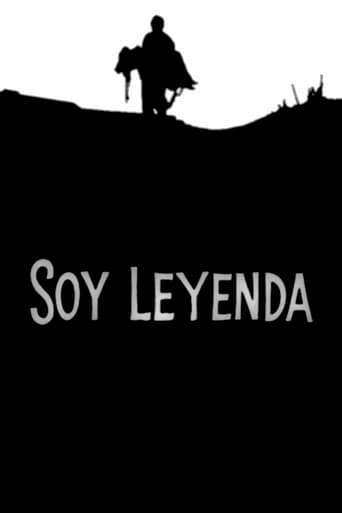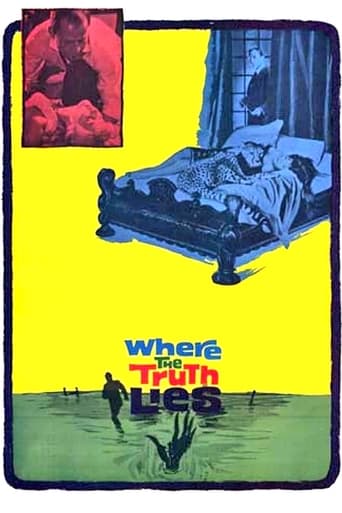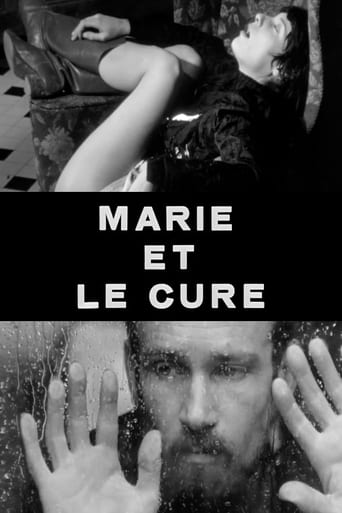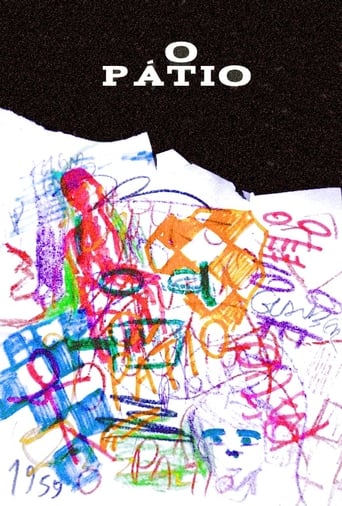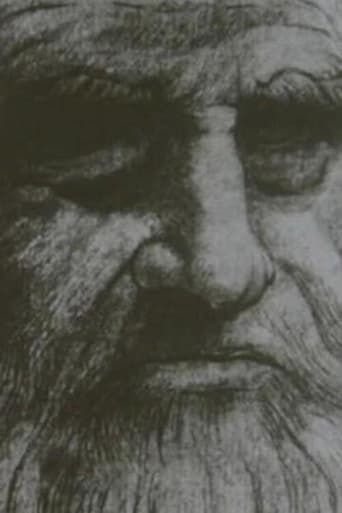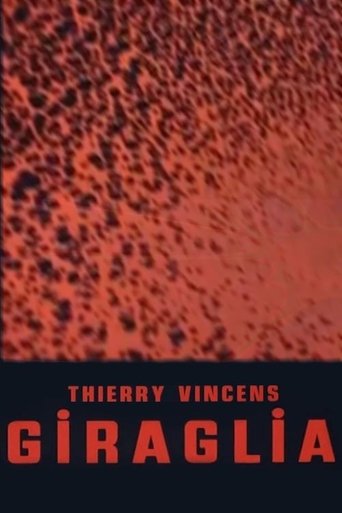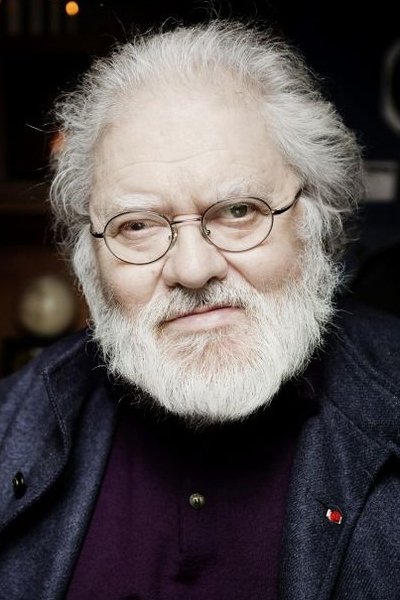
About
Pierre Henry
Overview
Pierre Georges Albert François Henry (9 December 1927 – 5 July 2017) was a French composer and pioneer of musique concrète.
Henry was born in Paris, France, and began experimenting at the age of 15 with sounds produced by various objects. He became fascinated with the integration of noise into music, now called noise music. He studied with Nadia Boulanger, Olivier Messiaen, and Félix Passerone at the Conservatoire de Paris from 1938 to 1948.
Between 1949 and 1958, Henry worked at the Club d'Essai studio at RTF, which had been founded by Pierre Schaeffer in 1943. During this period, he wrote the 1950 piece Symphonie pour un homme seul, in cooperation with Schaeffer. It is an important early example of musique concrète. Henry also composed the first musique concrète track to appear in a commercial film: the 1952 short film Astrologie ou le miroir de la vie by Jean Grémillon. Henry also scored numerous additional films and ballets.
Two years after leaving the RTF, he co-founded, with Jean Baronnet, the first private electronic music studio in France: Studio Apsone-Cabasse.
Among Henry's works is the 1967 ballet Messe pour le temps présent, a collaboration with composer Michel Colombier and choreographer Maurice Béjart that debuted in Avignon. In 1970 Henry collaborated with British rock band Spooky Tooth on the album Ceremony.
In 1997, a Métamorphose: Messe pour le temps présent compilation recording was released that brought together remixes of various compositions of Henry's by electronic artists Fatboy Slim, Coldcut, Saint Germain, The Mighty Bop and Dimitri From Paris. Composer Christopher Tyng was heavily inspired by Henry's Psyché Rock when writing the theme to the popular animated cartoon show Futurama. The theme is so reminiscent of Psyché Rock that it is considered a variation of the original which is a piece by Henry and Michel Colombier released in 1967. The track consists of bells, flutes, brass and rock ensemble (guitar, bass, drums) and electronic music. It is strongly inspired by The Troggs song Wild Thing (written by Chip Taylor) and Louie Louie, written by Richard Berry and first popularized by The Kingsmen.
Henry died on Wednesday 5 July 2017 at Saint Joseph's Hospital in Paris, at the age of 89.
Source: Article "Pierre Henry" from Wikipedia in English, licensed under CC-BY-SA 3.0.
Known for
Acting |
||||
| 2007 | Pierre Henry: The Art of Sounds | Actor | Himself | N/A N/A |
Sound |
||||
| 1971 | Law Breakers | Sound | Original Music Composer | 58 Average |
| 1971 | Un retablo para Romeo y Julieta | Sound | Music | N/A N/A |
| 1968 | Le candidat | Sound | Music | N/A N/A |
| 1968 | Giraglia | Sound | Sound | N/A N/A |
| 1967 | The Love Life of an Octopus | Sound | Music | 59 Average |
| 1967 | Soy leyenda | Sound | Music | 59 Average |
| 1967 | Marie et le Curé | Sound | Original Music Composer | N/A N/A |
| 1965 | Opus 007 | Sound | Music | N/A N/A |
| 1962 | Where the Truth Lies | Sound | Music | 59 Average |
| 1959 | O Pátio | Sound | Original Music Composer | 59 Average |
| 1957 | Symphony for One Man Alone | Sound | Conductor | N/A N/A |
| 1953 | Leonardo Da Vinci The Tragic Pursuit of Perfection | Sound | Music | 59 Average |
